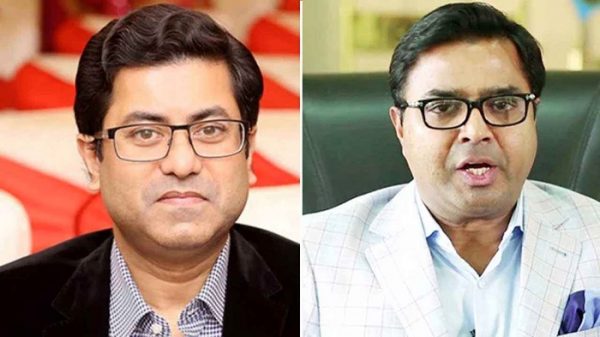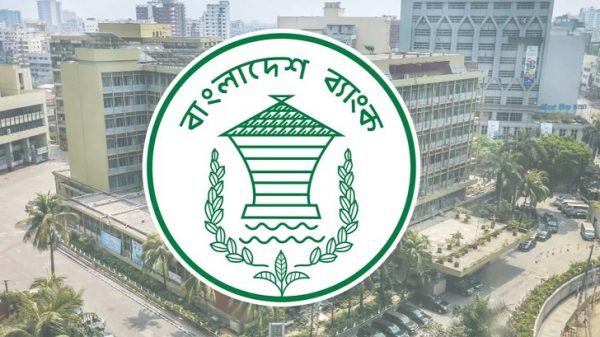Executive control of judiciary manifest in bench-bar conflict

THE minister of law’s assurance for the transfer of the Brahmanbaria district judge, the Women and Children’s Repression (Prevention) Tribunal 1 judge and a nazir, or the court clerk, of the tribunal, which led to the postponement of the Brahmanbaria District Bar Association’s boycott of all courts in the district until January 24, is unsettling and constitutes an inroad on the independence of the judiciary. The minister, elected member of parliament for the Brahmanbaria 4 constituency, gave the assurance at a meeting with leaders of the bar association after the lawyers had started boycotting the courts beginning on January 5. The conflict between the bench and the bar ensued as the district judge on January 9 lodged a complaint with the chief justice against 21 lawyers for going on demonstration and making indecent remarks against her when she was in the courtroom on January 5 and 8. This happened after the judge had complained to the chief justice against the association’s president and two lawyers who are reported to have misbehaved with the tribunal judge on January 2. The tribunal judge also lodged a complaint, saying that the three lawyers with more than 10 others asked him to leave the courtroom that day, and sought High Court action against the lawyers involved in the incident.
The High Court, meanwhile, on January 10 summoned the association’s general secretary and 20 other lawyers to appear in court on January 17 and explain the matter. That having happened, what remains worrying is the assurance of the law minister that the judges would be transferred as this constitutes an evident control of the subordinate judiciary. This runs, or purports to run, affront to an effective functioning of the judiciary and, thereby, runs counter to independence of the judiciary from the executive. The minister assurance suggests that a complete independence of the judiciary, officially separated from the executive and the legislative on November 1, 2007, has not happened in a decade and a half. It has already been half a century since independence, but no government has appeared willing that the judiciary should run on its own, make its own decision, decide the promotion, posting and transfer of judges at subordinate courts and take disciplinary action against errant judges, among other issues. While the independence of the judiciary has only been effected in theory, the law ministry, in reality, controls the promotion, posting and transfer of subordinate court judges and takes disciplinary action against any of them of its choice, that too, in the name of the president and in ‘consultation’ with the Supreme Court.
The Awami League in its manifesto for the 2008 national elections promised ‘a genuine independence and impartiality of the judiciary’ and investing the Supreme Court with ‘the responsibility for controlling and supervising the lower judiciary’ and iterated it in the party’s manifesto for subsequent elections. But it has failed to keep the promises.


























Leave a Reply